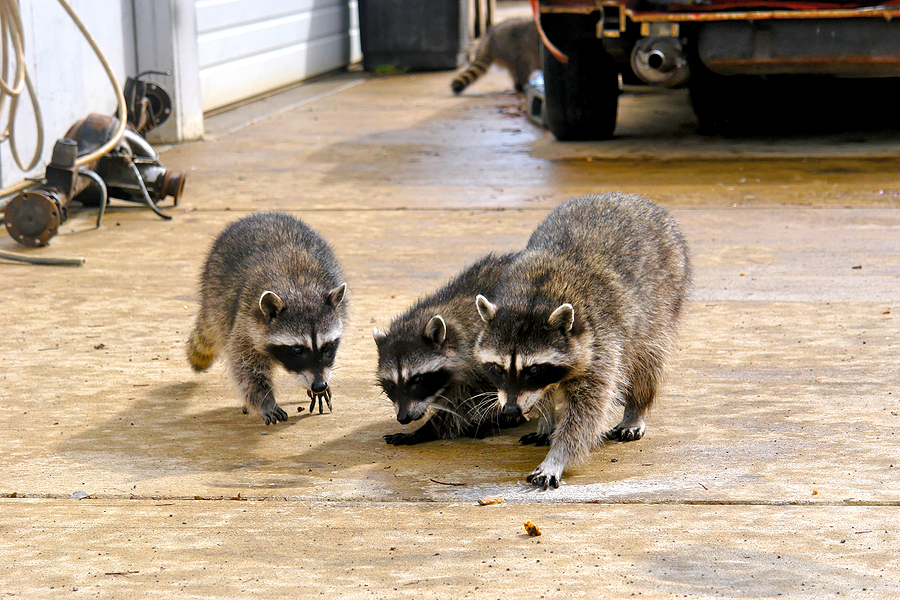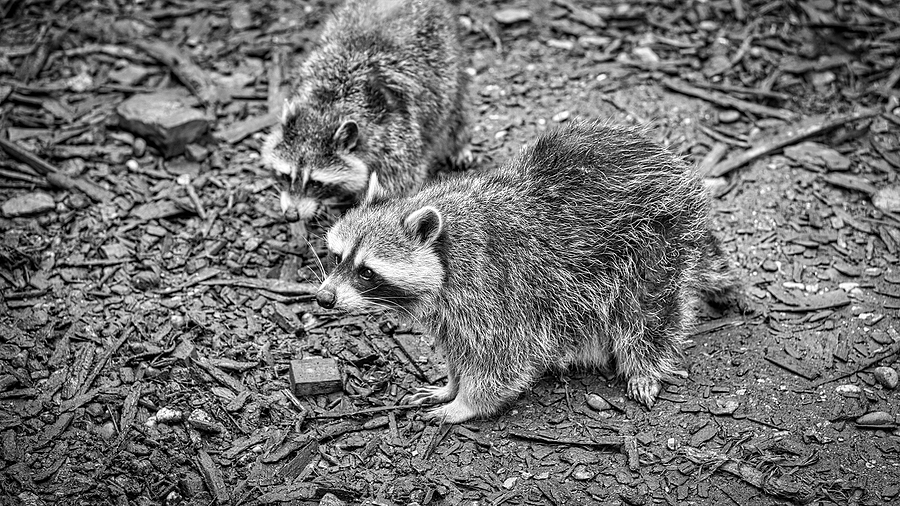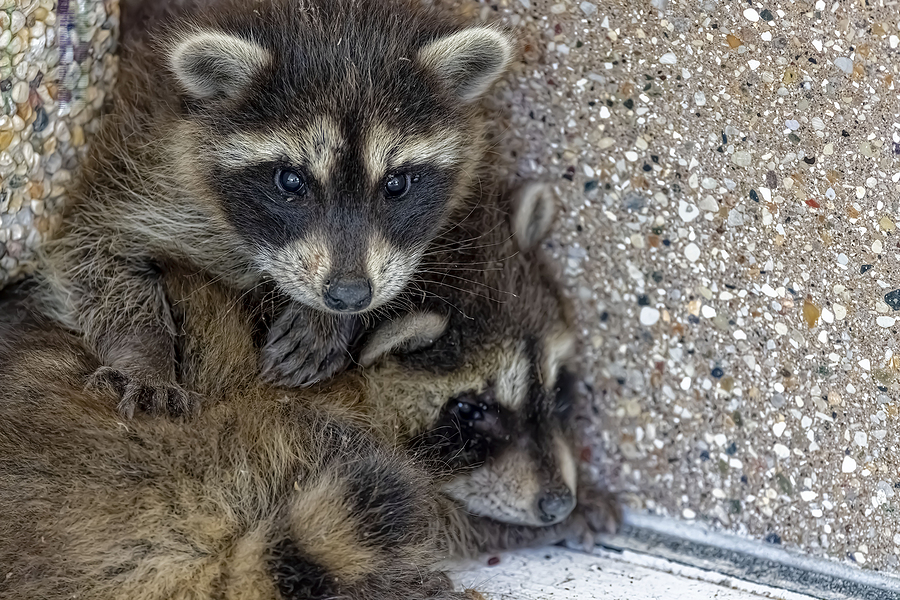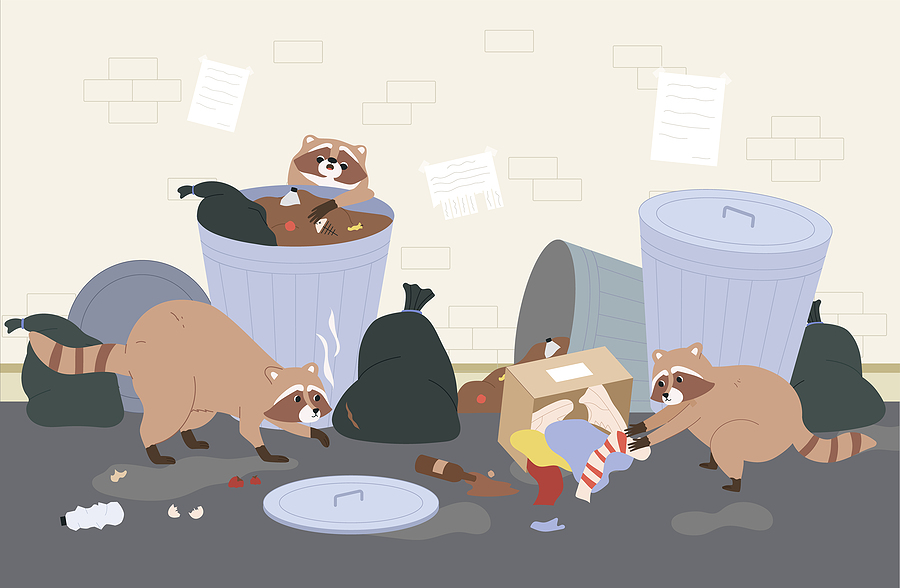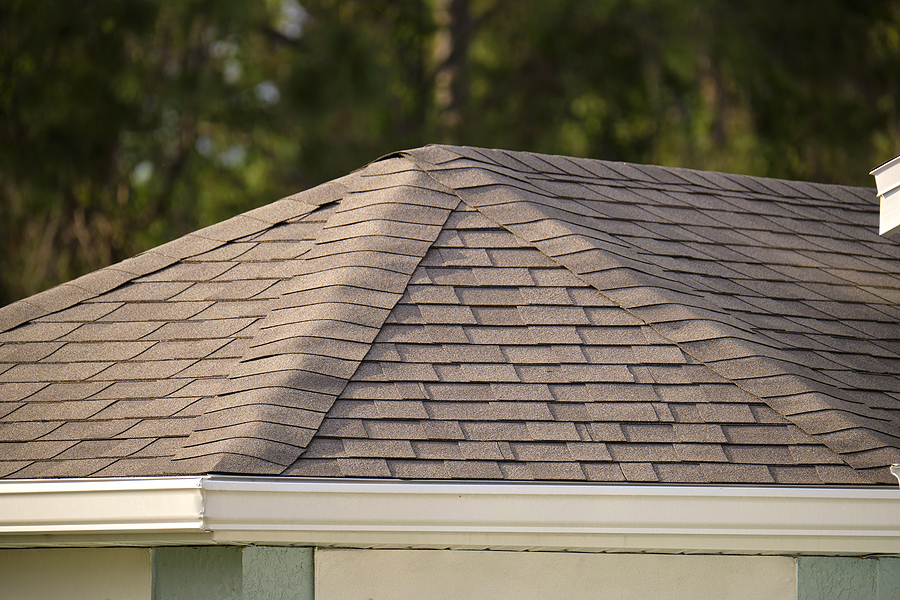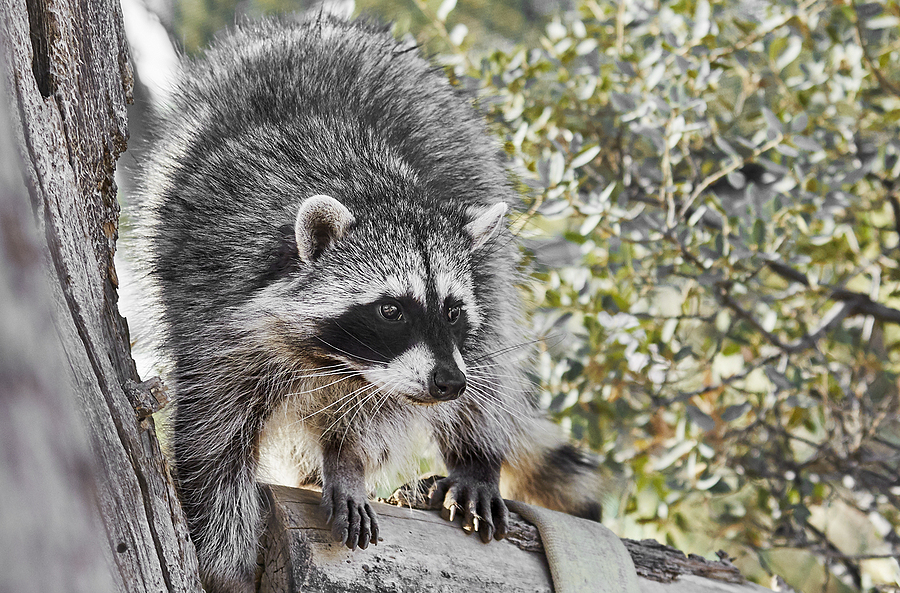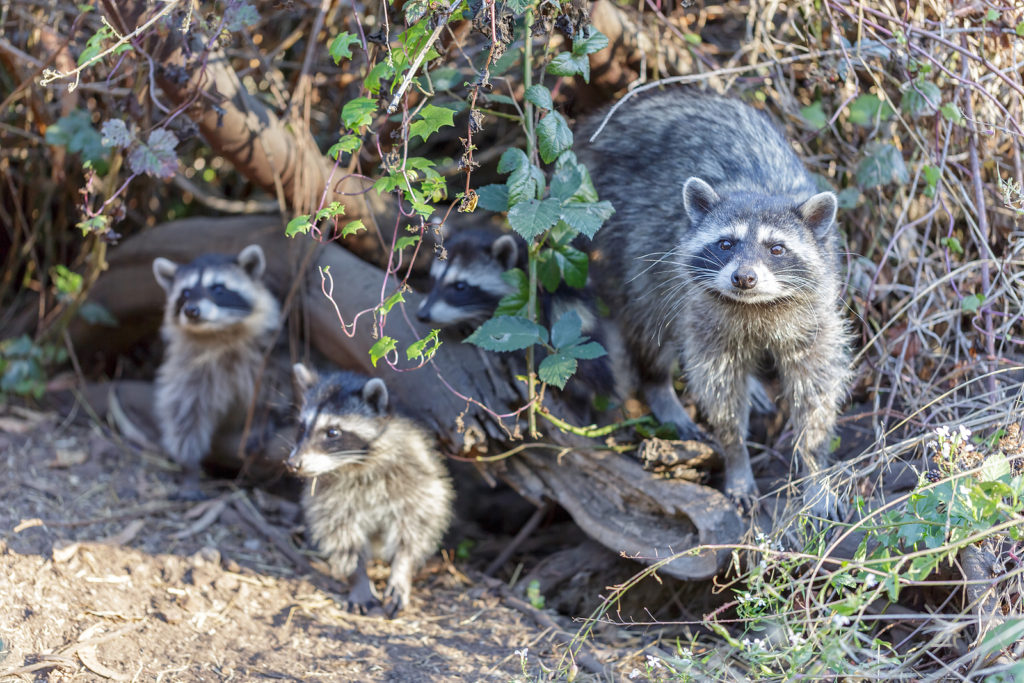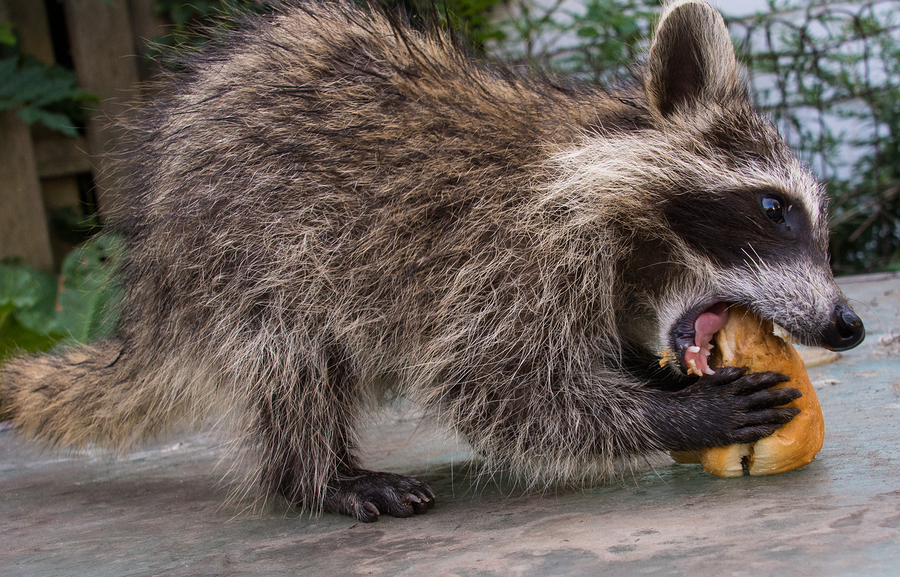Are raccoons turning your trashcans into their personal buffet? These clever critters can be a real nuisance for homeowners, store managers, property managers, and landlords. Their nocturnal raids leave behind a mess, not to mention potential health risks. But don’t worry! This blog post is here to help you keep those pesky raccoons out of your trashcans and dumpsters. We’ll provide you with practical tips and Eco-friendly solutions that are easy to implement and effective.

Understanding Raccoon Behavior
How Raccoons Operate
Raccoons are nocturnal animals known for their intelligence and dexterity. They have strong, nimble hands that can open latches and flip lids, making them excellent scavengers. They are primarily attracted to human trash because it offers a readily available food source. The scent of food scraps, leftovers, and even pet food can easily draw them in.
Why They Love Trash
Human garbage is a goldmine for raccoons. It’s not just the food; they are also attracted to the variety of items they can find. The different smells and textures pique their curiosity. Additionally, urban areas provide a safer environment for raccoons compared to the wild, where they face predators.
Environmental Impact
Raccoons rummaging through waste bins and dumpsters can lead to scattered garbage, which becomes an eyesore and a health hazard. The debris can attract more pests like rats and insects. Not to mention, the plastic and other harmful materials that raccoons often scatter can pollute the environment, affecting local wildlife and ecosystems.
Health and Safety Concerns
Health Risks
Raccoons can carry diseases that are harmful to humans and pets. One of the primary concerns is rabies, a viral disease that can be fatal if not treated promptly. Raccoons are also known carriers of leptospirosis, a bacterial infection that can cause liver and kidney damage in both humans and pets.
Disease Transmission
Raccoon feces can contain roundworm eggs, which can be dangerous if ingested. These parasites can cause severe health issues, including neurological damage. The bacteria and viruses raccoons carry can contaminate surfaces and water sources, posing a risk to anyone who comes into contact with them.
Safety Hazards
Aside from the health risks, raccoons can also cause physical damage. They have been known to chew through wires and insulation, which can lead to electrical fires. Their persistent digging and clawing can damage property, making it essential to address this issue promptly.
Tips on Raccoon-Proofing Trash Storage
Secure Your Trashcans
The first line of defense is to secure your trashcans. Use bins with tight-fitting lids and secure them with bungee cords or metal clamps. This makes it difficult for raccoons to pry open the lids. Consider using heavy-duty trashcans that are harder for raccoons to knock over.
Dumpster Solutions
For larger properties or stores, securing dumpsters is crucial. Ensure that dumpster lids are always closed and consider using locks if possible. Installing metal bars or chains across the top can add an extra layer of security. Make sure the dumpsters are emptied regularly to avoid overflow, which can attract raccoons.
Best Containers and Lids
Opt for trashcans made of sturdy materials like metal or thick plastic. Simplehuman and Toter are brands known for their durable, raccoon-resistant bins. Avoid using lightweight, flimsy bins that raccoons can easily tip over or break into.
Eco-Friendly Raccoon Deterrents
Natural Raccoon Repellents
Natural repellents can be an effective and humane way to keep raccoons at bay. Ammonia-soaked rags placed around garbage cans may deter raccoons due to their strong smell. Alternatively, you can use vinegar or cayenne pepper as deterrents. Sprinkle these substances around the area to create an unpleasant environment for raccoons.
Motion-Activated Solutions
Motion-activated lights and sound machines can startle raccoons and make them think twice about approaching your trash. Products like the Nite Guard Solar Predator Control Light flash bright lights when motion is detected, scaring off raccoons. Similarly, motion-activated sprinklers can give them a harmless but effective scare.
OTC Deterrents
Commercially available raccoon repellents often use scents that raccoons find repulsive. Products like Bonide Repels-All Animal Repellent use natural ingredients to create an unpleasant smell for raccoons. These products are safe to use around pets and children, making them an Eco-friendly option.
Professional Raccoon Control
When to Call the Experts
If you’ve tried multiple solutions and still can’t keep raccoons out of the garbage, it might be time to call in the professionals. Wildlife control services have the expertise and tools to handle raccoon problems effectively. They can assess your property, identify entry points, and implement long-term solutions.
Choosing the Right Service
When selecting a professional wildlife control service, look for companies with good reviews and proper licensing. Ask about their methods to ensure they use humane practices. Local raccoon removal businesses offer affordable and comprehensive wildlife management services that include animal-proofing and cleanup.
Benefits of Professional Services
Hiring professionals can save you time and provide peace of mind. They offer guarantees and follow-up visits to ensure the problem is resolved. Additionally, professional services can provide ongoing maintenance and advice to prevent future issues.
Conclusion
Keeping raccoons out of your trashcans and dumpsters is not just about maintaining cleanliness; it’s also about protecting your health, safety, and the environment. By understanding raccoon behavior, addressing health concerns, and implementing practical and Eco-friendly solutions, you can effectively deter these pesky invaders.
Remember, securing your trash is the first step. If needed, don’t hesitate to seek professional help to ensure your property remains raccoon-free. Take action today and make your home or property a less inviting place for raccoons.
For more tips and personalized solutions, trust our pros for guidance. Contact Indianapolis Raccoon Removal at 317-535-4605 for licensed and insured raccoon control services in Indianapolis, Indiana, and its surrounding counties. We serve residential and commercial properties at the most competitive prices around.
Related Posts:
Raccoon-Proofing 101: How to Safeguard Your Property Against These Nuisance Critters
Why Raccoons Are Attracted to Your Property Each Night
Why Do I See Raccoons Out at Daytime?

